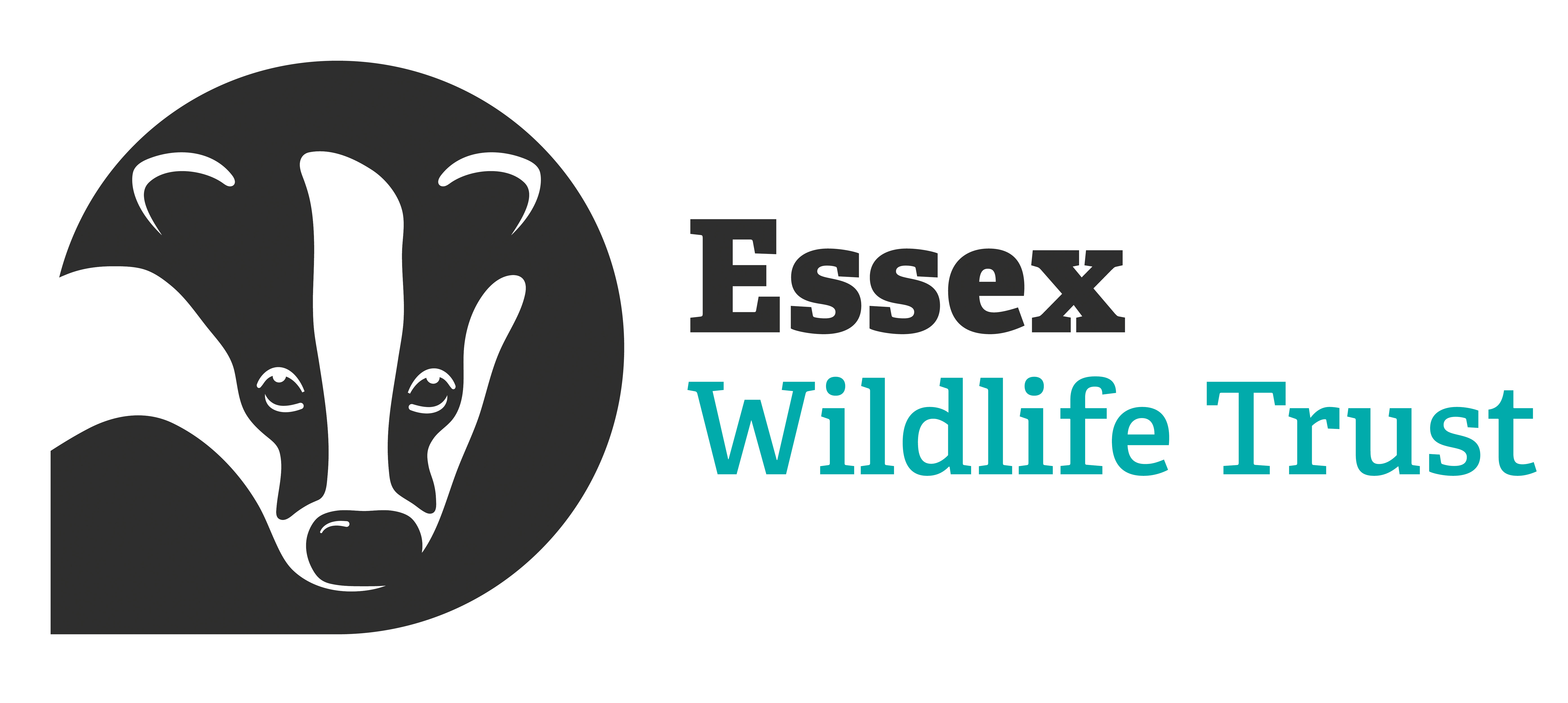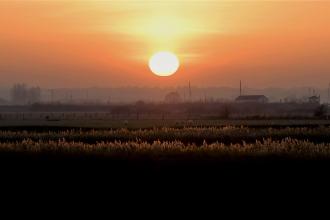Essex Wildlife Trust has secured £263,874 funding from Biffa Award to enhance wet grassland at Blue House Farm nature reserve and create new wetland scrapes and ditches. A wetland creation of over 40 hectares will deliver greater breeding opportunities for threatened species, provide habitat connectivity and ensure climate change resilience through water storage, soil health and carbon sequestration.
Essex Wildlife Trust secures funding to create wetland haven
Credit: Charlie Oliver
A wetland creation to benefit threatened bird species is underway at Blue House Farm nature reserve.
With more areas holding water, these vast fields will become essential habitats for waders.
Spanning 287 hectares, Essex Wildlife Trust's Blue House Farm nature reserve in North Fambridge, Maldon, is nestled alongside the River Crouch. With coastal grazing marsh habitats, this reserve is a sanctuary for birds throughout the year. Ground-nesting waders, such as lapwing and redshank, utilise the vast landscape for breeding during the summer months. Hundreds of dark-bellied brent geese migrate to the reserve in the winter months from Siberia, as the coastal grazing marsh provides the ideal habitat for them to feed and recover strength. With barn owls, short-eared owls and marsh harriers enjoying the vast open fields that Blue House Farm has to offer, it is every bird-lovers paradise.
The latest landscape conservation project led by Essex Wildlife Trust aims to transform large sections of this vast habitat into a wet grassland. Since 1995, both lapwing and redshank breeding numbers have declined by 43%. By adapting the landscape to create shallow-profiled scrapes and control structures alongside removing agricultural drains, what usually would be dried land by the spring and summer months will instead be a wetland haven, retaining water and wet patches for longer, to benefit the species that live here all year round, or flock there at certain times of year. The elevated water levels will attract thousands of overwintering waders, including golden plover, dunlin, snipe and godwits. Waterfowl will also benefit from the improved wetland, species to be noted include shoveler, wigeon and teal.
Rare lapwing nest at Blue House Farm
Blue House Farm nature reserve is an essential contributor to the coastal habitats within Essex. This project will provide threatened species with a sizeable habitat for feeding, breeding, migration and respite, so that biodiversity can flourish.
James Astley, Grants and Trust Officer at Essex Wildlife Trust, says:
“Blue House Farm is a sanctuary for birds and bird-lovers alike. The views of the estuary and the sea of green fields already make this one of the best wild coastal landscapes in Essex, attracting wildlife and public visitors from afar. This latest project really will elevate the landscape at Blue House Farm nature reserve, in consideration of our most threatened bird species. We would like to thank Biffa Award for their generous funding. Without them, this essential work to provide a better habitat for our resident and migratory birds wouldn’t be possible.”
Rachel Maidment, Biffa Award Grants Manager, says:
“Biffa Award is delighted to be able to support Essex Wildlife Trust awarding a grant of £263,874 to create this valuable wetland haven of over 40 hectares for a variety of important species. It is paramount that we continue to invest in projects like this through our Partnership Grants Scheme which play a significant part in promoting nature’s recovery. We can’t wait to see more birds using the site and flourishing following completion of the work.”

